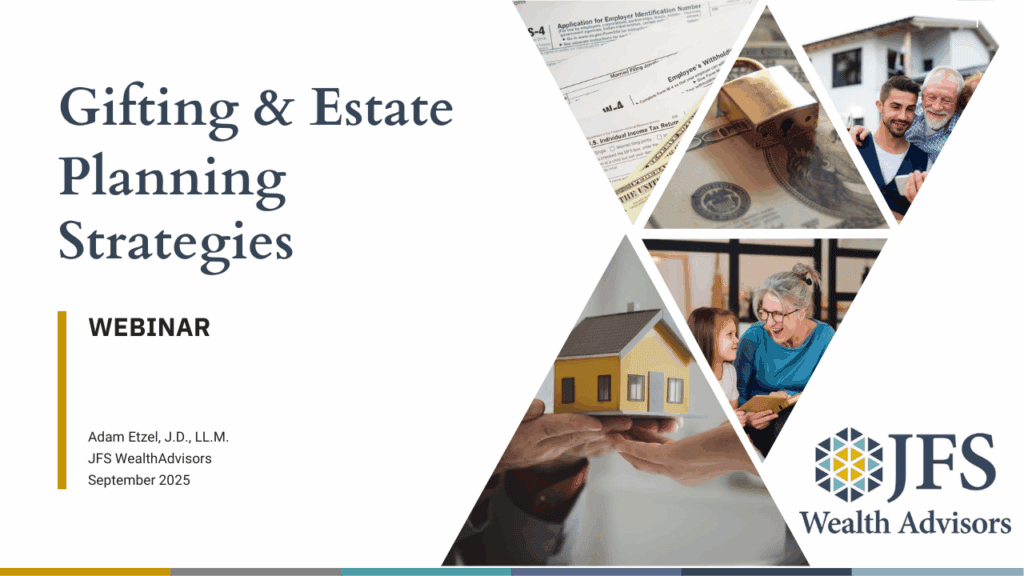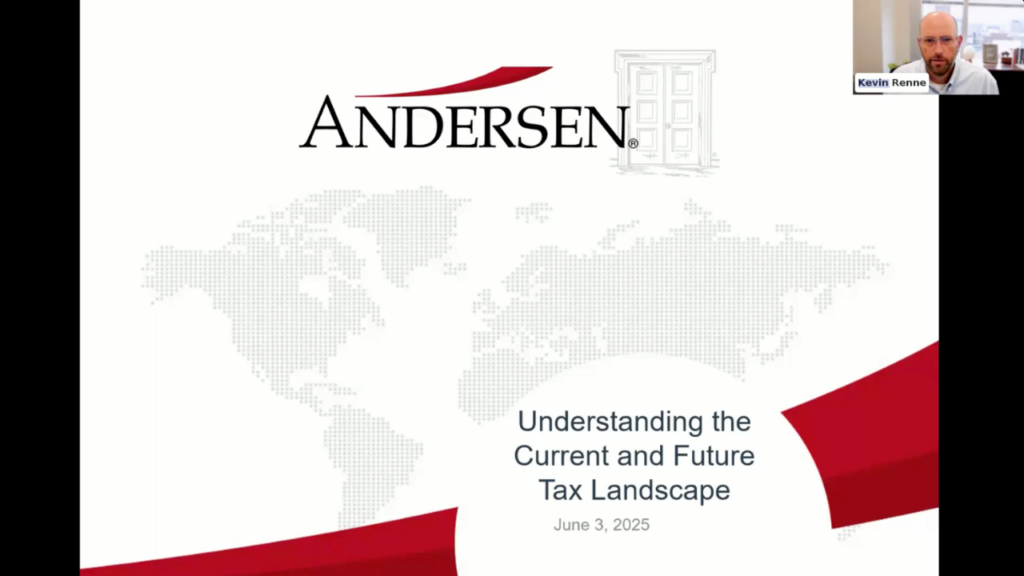Whether you love the New England Patriots football team or love to hate them, most agree that former coach Bill Belichick was a master of the NFL rulebook. Along with longtime quarterback Tom Brady, Belichick would often utilize little-known rules to create winning situations for his team. One of his best-known gambits was the way he and Brady were able to utilize the game clock during the closing minutes of a game, strategically using timeouts to craft game-winning scenarios.
In a similar way, understanding the rules for taxation and estate planning can be vital to crafting winning solutions for individuals and families with high net worth (HNW) and the likely more complex estates that often accompany significant assets. Therefore, putting a comprehensive “playbook” in place requires a good understanding of tax law and estate planning law, strategic use of tax benefits, and systematic review of the plan.
Understanding the Challenges
High-net-worth (HNW) individuals and families face a different set of challenges than others when it comes to tax efficiency and compliance. They are typically subject to higher marginal tax rates and the complexities in regulation that typically accompany more complex estates. In fact, one of the things that often sets apart those who can successfully manage multigenerational financial legacies from those who see their wealth eroded over time is the intentional, proactive management of tax liability and compliance.
For example, HNW estates often hold international assets, which can be subject to an array of legal and reporting standards unfamiliar to most taxpayers. They must also be conscious of estate tax laws and the efficient use of gifting to limit the size of the taxable estate. Many HNW taxpayers have income streams from different sources that may include investments, real estate, private business holdings, and others, all of which come with their own unique taxation characteristics and requirements for reporting and compliance.
For these and other reasons, having the assistance of a qualified, professional advisor who has a thorough understanding of tax law and compliance requirements can be an invaluable aid for those seeking to establish or maintain a financial and/or philanthropic legacy.
Rules and Tools
Several specific areas deserve careful attention when crafting a tax-efficient plan for HNW estates. Each of these has a place in the strategy and should be reviewed periodically, as tax laws and compliance rules are not “carved in stone,” but subject to change over time and with changes in the political climate.
Trusts
These legal structures can be a versatile tool in the estate- and tax-planning toolbox. Including irrevocable life insurance trusts, grantor-retained annuity trusts (GRATs), intentionally defective grantor trusts (IDGTs) and other forms, well-designed trusts can help HNW individuals and estates reduce tax exposure, protect assets from creditors or litigation, and create significant financial foundations for the benefit of future generations.
Managing Risk
By strategically using life insurance, proper diversification of assets, and liquidity planning, HNW estates can effectively manage various risks that can otherwise erode value over time. Additionally, tax liability is another risk that requires systematic review and revision of the plan, as necessary. HNW individuals and families are often subject to heightened scrutiny from the IRS and other governmental entities, so having the right advice and oversight can make a big difference.
Gifting
By making proper, systematic use of annual and lifetime gifting exemptions, HNW estates may be able to make significant inroads toward limiting the exposure of the estate to estate- and other wealth-transfer taxation upon the passing of the grantors. Higher annual and lifetime exclusions, recently made permanent by the “One Big Beautiful Bill” Act, allow a married couple to donate up to $38,000 to any number of individuals (in 2025) and excludes from estate taxation estates worth up to $27.98 million (for a married couple). While these higher exclusion amounts are certainly welcome news for many HNW estates, it should be remembered that gift and estate taxation laws are subject to change. Thus, gifting and estate planning strategies should be subject to periodic review in order to maintain compliance and tax exposure.
Philanthropy
Because many HNW individuals and families recognize their responsibility to “give back,” charitable and philanthropic initiatives are also often a significant part of financial legacy planning. In addition to annual donations to qualified charities, many HNW estates may wish to establish a private foundation which offers a unique blend of tax benefits and long-term control that is not possible with other charitable giving methods. to carry on their legacy and passion for years to come. Here, professional advice on the use of donor-advised funds (DAFs), various forms of charitable trusts, and other legal and organizational structures designed to facilitate philanthropic efforts can help HNW families, both by providing significant financial benefits for worthy and cherished causes, and also by limiting the estate’s exposure to federal and, in some cases, state and local taxation.
As you can see, HNW individuals and families can use a variety of strategies to craft “winning” tax and estate plans. The key is to be proactive and strategic, rather than reactive. By understanding and utilizing the legal framework, they can minimize tax burdens, protect assets, and ensure their legacy is passed on as they intend. The services of a qualified, credentialed professional advisor can help HNW families maximize their financial impact for the future and minimize the “bite” of taxation or legal complications arising from non-compliance. At JFS Wealth Advisors, we work with HNW individuals and families to create plans for achieving cherished goals. To learn more, please visit our website and read our article, “Keeping the Money Together: Preparing the Next Generation for Inheritance.”
Disclosure: Please remember that past performance is no guarantee of future results. Different types of investments involve varying degrees of risk, and there can be no assurance that the future performance of any specific investment, investment strategy, or product (including the investments and/or investment strategies recommended or undertaken by JFS Wealth Advisors, LLC [“JFS]), or any non-investment related content, made reference to directly or indirectly in this commentary will be profitable, equal any corresponding indicated historical performance level(s), be suitable for your portfolio or individual situation, or prove successful. Due to various factors, including changing market conditions and/or applicable laws, the content may no longer be reflective of current opinions or positions. Moreover, you should not assume that any discussion or information contained in this commentary serves as the receipt of, or as a substitute for, personalized investment advice from JFS. JFS is neither a law firm, nor a certified public accounting firm, and no portion of the commentary content should be construed as legal or accounting advice. A copy of the JFS’ current written disclosure Brochure discussing our advisory services and fees continues to remain available upon request or at www.jfswa.com. Please Remember: If you are a JFS client, please contact JFS, in writing, if there are any changes in your personal/financial situation or investment objectives for the purpose of reviewing/evaluating/revising our previous recommendations and/or services, or if you would like to impose, add, or to modify any reasonable restrictions to our investment advisory services. Unless, and until, you notify us, in writing, to the contrary, we shall continue to provide services as we do currently. Please Also Remember to advise us if you have not been receiving account statements (at least quarterly) from the account custodian.




















